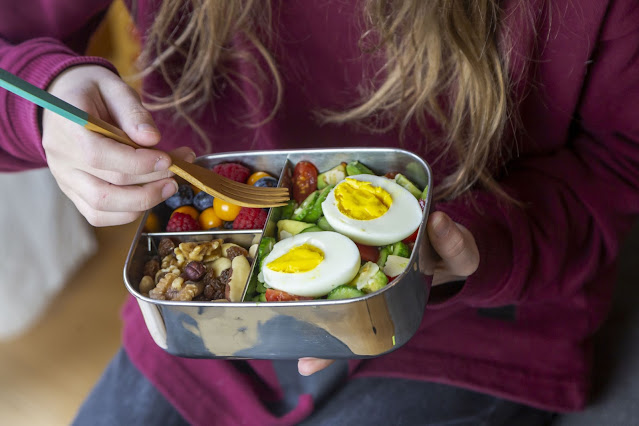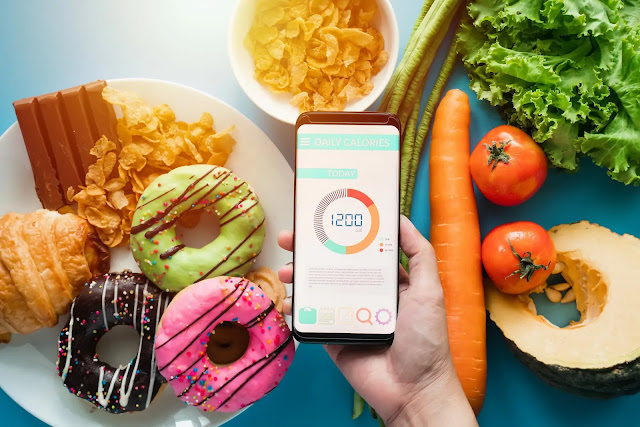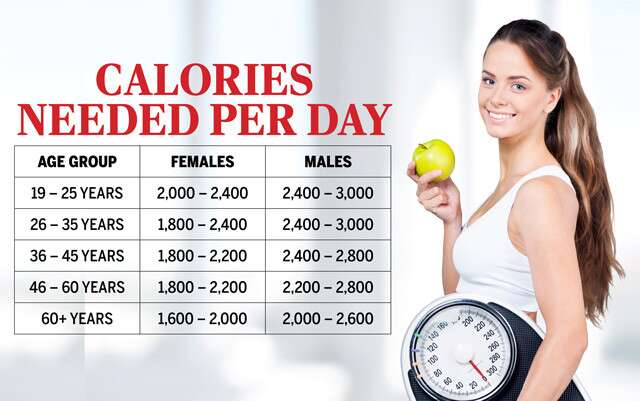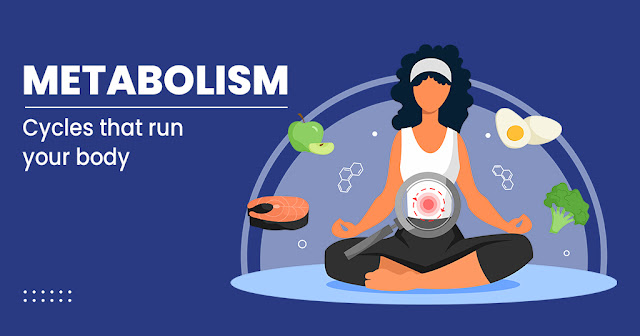Lose Weight With Calorie Deficit
Calorie Deficit Key to Weight Loss ?
What is Calorie Deficit and how you can calculate it ?
A calorie deficit occurs when you burn more calories than you consume. This can be achieved through a combination of diet and exercise. To start a calorie deficit, you will need to determine how many calories you currently consume and how many calories you need to maintain your current weight. Once you have this information, you can calculate your calorie deficit by subtracting the number of calories you need to maintain your weight from the number of calories you currently consume.
To calculate your calorie deficit intake, you can use the following formula:
Calorie deficit = Current calories consumed - Maintenance calories
For example, let's say you currently consume 2,000 calories per day and your maintenance calories (the number of calories you need to maintain your current weight) are 2,500.
Your calorie deficit would be 500 calories per day (2,000 - 2,500 = -500).
What i can eat in calorie deficit ?
It's important to note that calorie needs can vary widely based on a person's age, sex, weight, height, and activity level. It's also important to consult with a healthcare professional or a registered dietitian before starting a calorie deficit to ensure that you are meeting your nutrient needs and not cutting too many calories.
In a calorie deficit, it's important to focus on eating nutrient-dense foods that will help you feel satisfied and nourished while still cutting calories. Some options for calorie-deficit friendly foods include:
- Fruits and vegetables: These are low in calories and high in fiber, which can help you feel full and satisfied.
- Lean proteins: Choose proteins such as chicken, turkey, fish, and plant-based proteins like beans and tofu to help you feel full and satisfied while cutting calories.
- Whole grains: Opt for whole grains like quinoa, brown rice, and whole wheat bread instead of refined grains like white bread and pasta. These are higher in fiber and nutrients and can help you feel full and satisfied.
- Healthy fats: Incorporate healthy fats like avocado, nuts, and olive oil into your diet to help you feel full and satisfied.
- Water: Staying hydrated is important for weight loss, and water can help you feel full and satisfied. Try to drink at least 8 cups of water per day.
It's also important to pay attention to portion sizes when trying to lose weight in a calorie deficit. Even healthy foods can contribute to weight gain if you're eating too much of them. A registered dietitian can help you determine the appropriate portion sizes for your specific calorie needs.
How much i can loose weight in calorie deficit ?
The amount of weight you can lose in a calorie deficit depends on a variety of factors, including your starting weight, age, sex, activity level, and how strictly you adhere to your calorie deficit. In general, most people will lose weight if they create a calorie deficit by consuming fewer calories than they burn.
As a general rule of thumb, a calorie deficit of 500-750 calories per day is often recommended for safe and sustainable weight loss. This can result in a weight loss of about 1-2 pounds per week. However, it's important to note that individual results may vary and it's not uncommon for weight loss to be slower at the beginning of a weight loss journey and then pick up as you get closer to your goal weight.
It's also important to note that weight loss is not the only measure of success when it comes to a calorie deficit. A calorie deficit can also lead to improvements in other markers of health, such as improved blood pressure, cholesterol levels, and blood sugar control.
It's always a good idea to consult with a healthcare professional or registered dietitian before starting a calorie deficit to ensure that you are meeting your nutrient needs and not cutting too many calories. They can help you determine the appropriate calorie deficit for your specific needs and goals.
Here are some important tips to keep in mind when starting a calorie deficit:
- Consult with a healthcare professional or registered dietitian: It's important to consult with a professional before starting a calorie deficit to ensure that you are meeting your nutrient needs and not cutting too many calories. They can help you determine the appropriate calorie deficit for your specific needs and goals.
- Focus on nutrient-dense foods: While cutting calories is important in a calorie deficit, it's also important to focus on nutrient-dense foods that will help you feel satisfied and nourished. Choose foods that are high in fiber, protein, and nutrients to help you feel full and satisfied while still cutting calories.
- Don't skip meals: Skipping meals can lead to overeating later on and make it harder to stick to a calorie deficit. Instead, try to eat regularly throughout the day and focus on portion control to help you stick to your calorie deficit.
- Stay hydrated: Staying hydrated is important for weight loss, and water can help you feel full and satisfied. Try to drink at least 8 cups of water per day.
- Incorporate physical activity: While diet is an important factor in weight loss, physical activity can also help you create a calorie deficit and support weight loss. Aim for at least 150 minutes of moderate-intensity physical activity per week.
- Be consistent: Weight loss is a long-term journey, and it's important to be consistent with your calorie deficit in order to see results. Don't get discouraged if you don't see immediate results, as it can take time to see changes in weight.
Starting a calorie deficit can be challenging, but it's also a great opportunity to make positive changes to your health and well-being. Here are a few motivation thoughts to keep in mind as you embark on your journey:
- Every small change you make adds up: Every small change you make, whether it's choosing a healthier snack or going for a walk, can help you move closer to your goals.
- You are in control: You have the power to make choices that support your health and well-being. Remember that you are in control of your own journey.
- Focus on the benefits: Weight loss is just one benefit of a calorie deficit. Other benefits may include improved blood pressure, cholesterol levels, and blood sugar control. Keep these in mind as motivation to stick to your calorie deficit.
- Don't get discouraged: Weight loss is a journey, and it's important to be patient and consistent. Don't get discouraged if you don't see immediate results, as it can take time to see changes in weight.
- Celebrate your successes: It's important to celebrate your successes, no matter how small they may be. This can help you stay motivated and encourage you to continue making positive changes.







valuabke information
ReplyDelete